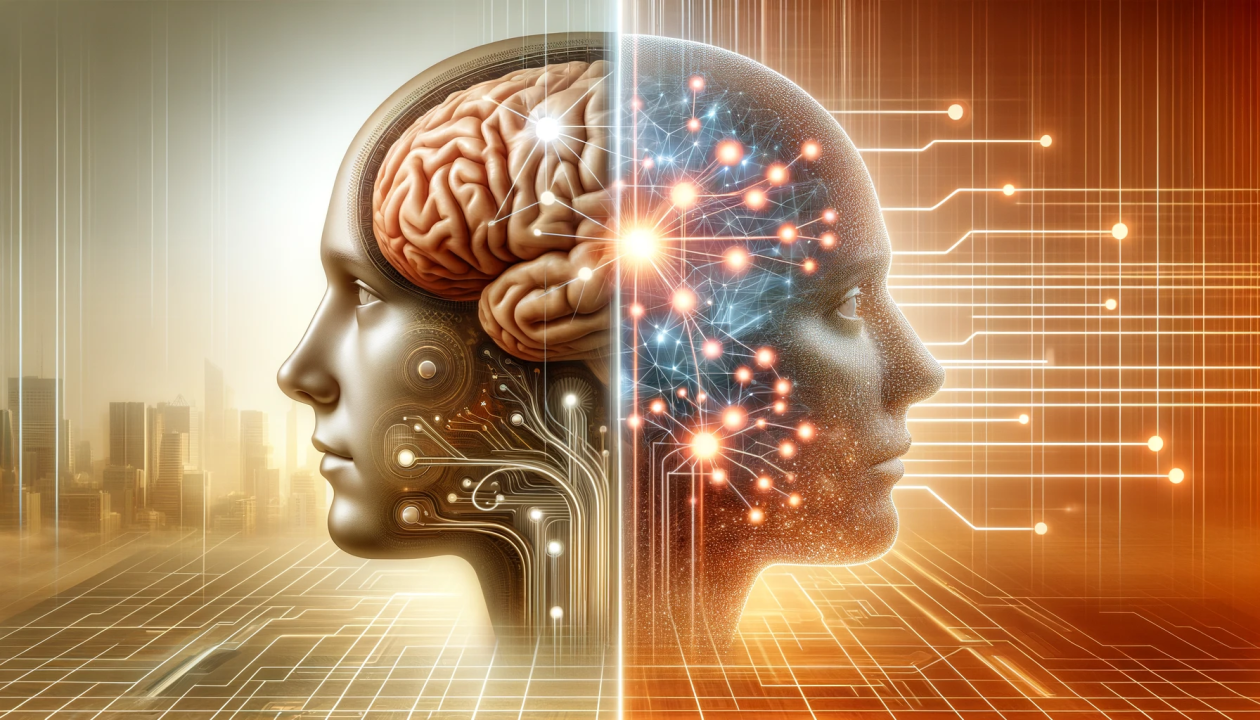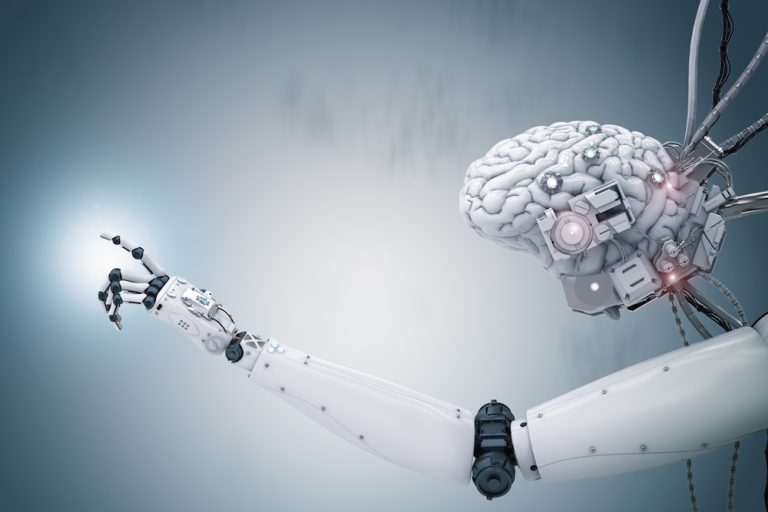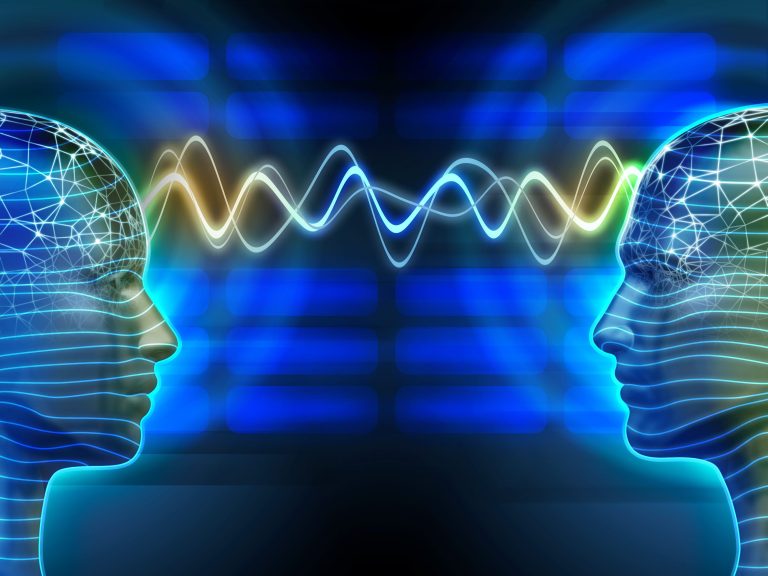
In recent years, the intersection of technology and mental health has opened up thrilling new possibilities — particularly in the fields of psychedelic therapy and brain hacking. Once considered fringe or taboo, these approaches are rapidly gaining scientific validation and mainstream acceptance, powered by cutting-edge digital tools that are transforming how we understand and enhance the mind.
The New Frontier: Digital Psychedelic Therapy
Psychedelic therapy, using substances like psilocybin, LSD, or MDMA in controlled settings, has shown remarkable promise in treating depression, PTSD, anxiety, and addiction. However, the integration of digital technology is now pushing this therapy into a whole new dimension:
- Virtual Reality (VR) Integration: Immersive VR environments are being used to guide and enhance psychedelic experiences. By carefully designing visual and auditory stimuli, therapists can create safer, more personalized journeys that help patients process trauma or access deeper states of consciousness.
- Digital Therapeutic Platforms: Apps and telemedicine platforms facilitate remote psychedelic therapy sessions. These tools include guided meditation, mood tracking, and integration support, making therapy more accessible and continuous beyond the clinical setting.
- Biometric Feedback and AI: Wearable sensors track heart rate variability, brain waves (EEG), and other physiological signals in real time during psychedelic sessions. AI algorithms analyze this data to adjust the therapy dynamically, optimizing safety and efficacy.
These innovations enable practitioners to blend ancient mind-expanding practices with modern science, creating personalized therapeutic experiences that were unimaginable a decade ago.
Brain Hacking: From Enhancement to Healing
Brain hacking is a broad term encompassing various techniques and technologies aimed at modulating brain function to improve cognition, mood, and overall mental wellness. Here are some of the most exciting advances:
- Neurofeedback and Brain-Computer Interfaces (BCI): By measuring brain activity and providing real-time feedback, neurofeedback helps users train their brain patterns toward desired states, such as relaxation or focus. BCIs take this further by enabling direct communication between the brain and digital devices, unlocking new possibilities in both therapy and cognitive enhancement.
- Transcranial Electrical Stimulation (tES): Techniques like transcranial direct current stimulation (tDCS) and transcranial alternating current stimulation (tACS) apply mild electrical currents to specific brain regions to boost creativity, learning, or mood regulation. Combined with digital tracking, these can be fine-tuned for maximum benefit.
- Psychedelic-Inspired Digital Tools: Beyond actual psychedelics, developers are creating digital “microdosing” experiences — apps or games designed to mimic the cognitive flexibility and emotional openness induced by psychedelics, but without drugs.
- AI-Powered Cognitive Assistants: Personal AI coaches analyze your habits, mental patterns, and goals to suggest brain hacks, meditation techniques, or tailored cognitive exercises, pushing personalized mental health support to the next level.
Ethical and Practical Considerations
While the promise of digital psychedelic therapy and brain hacking is huge, it comes with important challenges:
- Safety and Regulation: Psychedelic substances are still regulated differently worldwide, and digital tools must be rigorously tested to avoid adverse effects or misuse.
- Privacy and Data Security: Brain data is intensely personal. Ensuring secure handling and user consent is paramount.
- Accessibility and Equity: These technologies should not become exclusive luxuries but be developed to reach diverse populations, including those with limited healthcare access.
The Future: Synergy Between Mind and Machine
The convergence of psychedelics, brain science, and digital innovation heralds a new era in mental health and human potential. As tech improves, we may see more hybrid therapies where AI guides psychedelic journeys, or wearable devices that help us hack our brain rhythms for creativity, resilience, or emotional healing.
The quest to understand and optimize the mind is one of humanity’s greatest frontiers — and today, technology is empowering us like never before to explore it safely, deeply, and personally.





